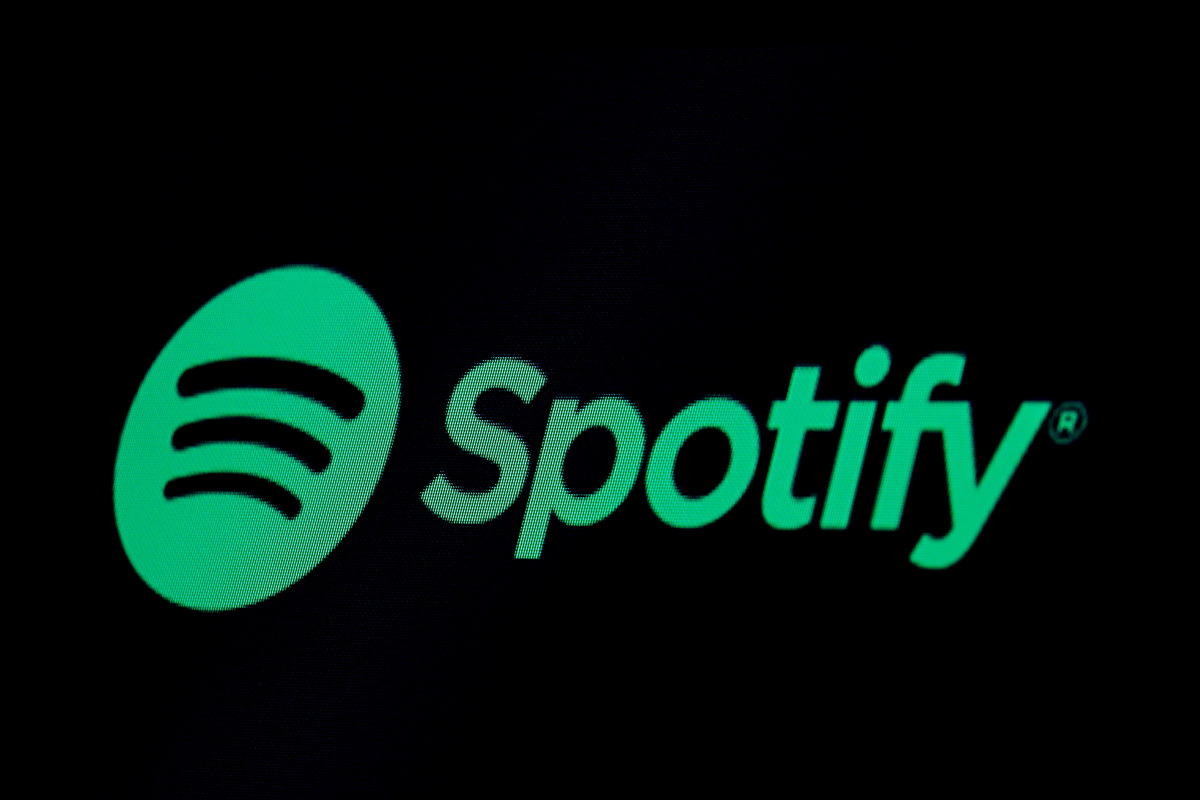Even as some companies demand that workers return to the office, remote work is here to stay — in one form or another. But keeping far-flung, work-from-anywhere staffers connected to company goals and culture remains an ongoing challenge.
“Before the pandemic, the workplace cultural experience was grounded in the physical environment employees worked in,” said Caitlin Duffy, research director at Gartner’s Human Resources practice. “Today, it’s much more difficult to build a strong, cohesive culture when employees are more distributed.
A recent Gallup survey of 15,000 US workers pointed to a growing disconnect between remote and hybrid remote workers and their company purpose during the past two years. That’s undercut company loyalty and led to “gig-like” relationships between employees and their employers, Gallup chief scientist Jim Harter said in a blog post. This has implications for “customer and employee retention, productivity, and quality of work,” he said.
“We’ve been steadily seeing a decline in connectedness over the past few years,” Duffy said. While 40% of HR leaders boosted budgets to better promote company culture during the COVID-19 pandemic, only a quarter of remote and hybrid workers felt connected to their organization’s mission and values, according to a Gartner poll in December 2021.
More recent surveys paint a similar picture.
“The situation is getting worse, not better,” said Beth Schultz, vice president of research and principal analyst at Metrigy. The company surveyed 440 businesses for its “Workplace Collaboration: 2023-24” report and found that 41% saw a loss of community and culture as the main challenge associated with remote work. That’s up from 29% the previous year.
With that backdrop, there are steps businesses can take to ensure that remote workers are better aligned with company goals, culture and their colleagues.
Collaboration and communication tools can help bridge the gap
At IT service provider Avanade, the joint venture between Microsoft and Accenture, the disruption of remote work during the pandemic was minimized by the adoption of Teams, Microsoft’s chat-based collaboration app, for its 50,000 staffers.
While Teams helped maintain day-to-day operations, another tool, Microsoft’s enterprise social network Viva Engage (previously Yammer), has been particularly well-suited to ongoing employee engagement, said Avanade CIO Ron White.
The enterprise social network platform has helped foster communities across the company, he said, providing a forum for discussion around corporate announcements, such as after a town hall meeting ends, for instance.
“We are starting to get communities built that allow what used to happen in the aftermath of town halls, in terms of the follow up [discussion],” he said. “The ‘watercooler gap’ is what we’re trying to go after.
“We worked very hard setting up those communities, helping people…
2023-11-15 10:41:02
Source from www.computerworld.com rnrn



















